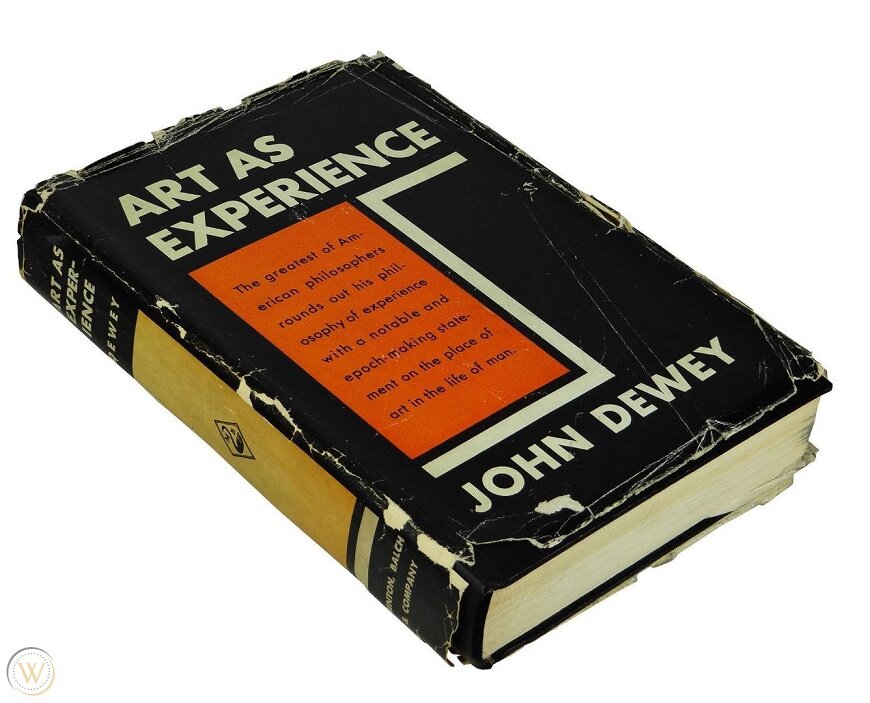My purpose, however, is not to engage in an economic interpretation of the history of the arts, much less to argue that economic conditions are either invariably or directly relevant to perception and enjoyment, or even to interpretation of individual works of art. It is to indicate that theories which isolate art and its appreciation by placing them in a realm of their own, disconnected from other modes of experience, are not inherent in the subject-matter but arise because of specifiable extraneous conditions. Embedded as they are in institutions and habits of life, these conditions operate effectively because they work so unconsciously. Then the theorists assumes they are embedded in the nature of things. Nevertheless, the influence of these conditions is not confine to theory. As I have already indicated, it deeply affects the practice of living, driving away esthetic perceptions that are necessary ingredients of happiness, or reducing them to the level of compensating transient pleasurable excitations. (DEWEY, 1934/2005, p.9)

